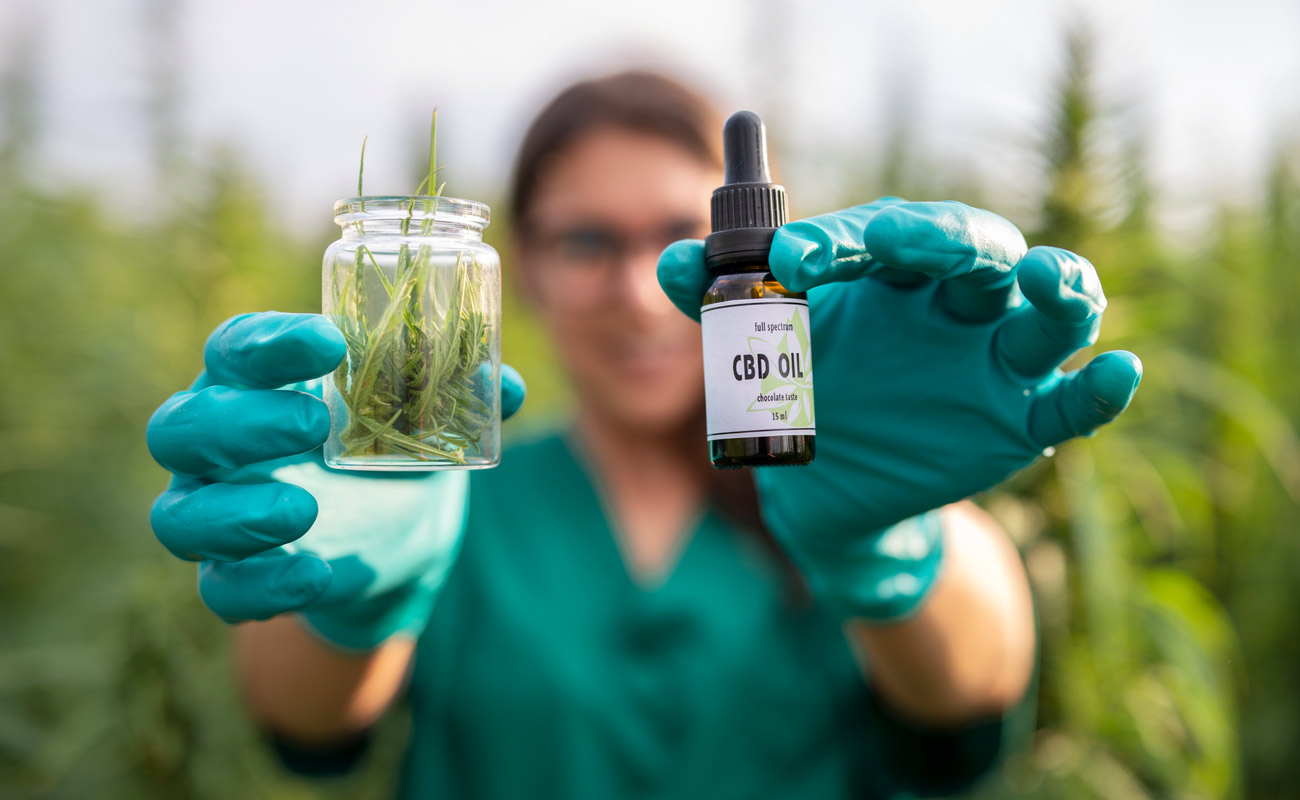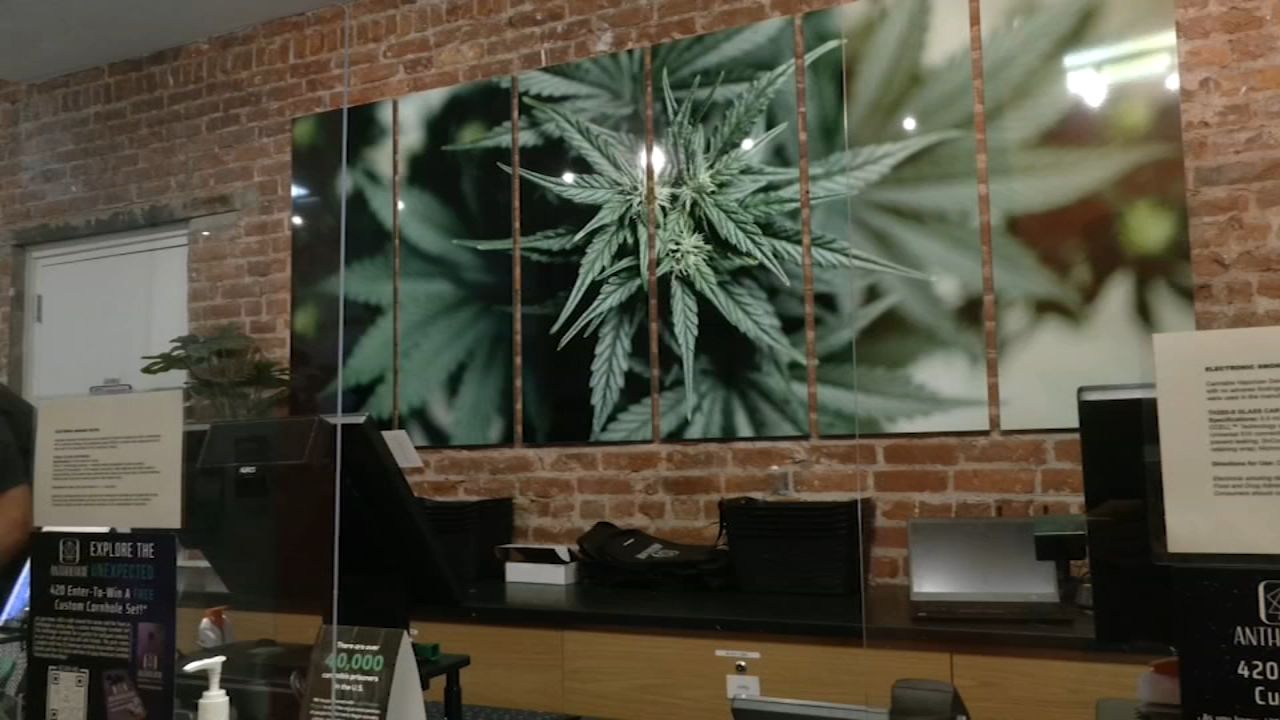Anxiety affects millions of people worldwide, and many are searching for natural ways to manage their symptoms. Among the options being explored is the use of weed for anxiety, with both CBD and THC gaining attention. But how effective are these cannabinoids, and can medicinal marijuana truly provide relief for anxiety sufferers? In this blog post, we’ll break down the potential benefits, risks, and the science behind weed for anxiety.
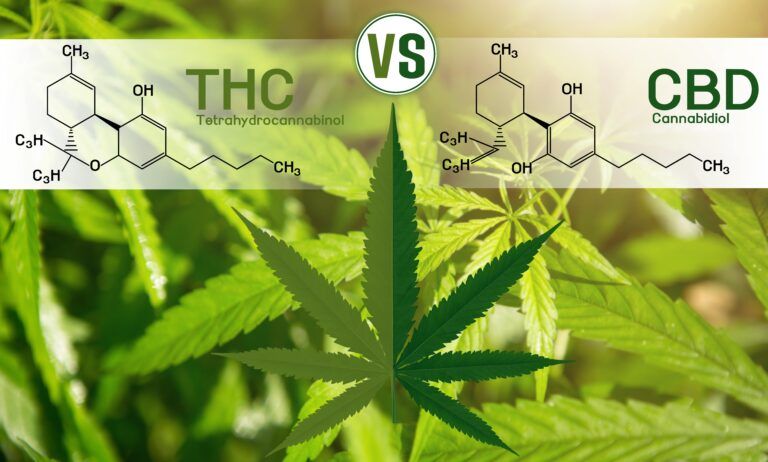
Understanding THC and CBD for Anxiety
When it comes to using weed for anxiety, the two primary cannabinoids people look at are THC and CBD. Both have different effects on the body and mind, and their role in anxiety relief varies.
THC for Anxiety
THC (tetrahydrocannabinol) is the psychoactive compound in cannabis responsible for the “high” feeling. While some users report feeling relaxed after using THC, others experience increased anxiety, especially at higher doses. So, does THC cause anxiety, or can it help? The answer depends on the individual, dosage, and strain used. In small amounts, THC for anxiety might offer relief, but higher doses could potentially exacerbate anxious feelings.
CBD vs. THC for Anxiety: What’s the Difference?
On the other hand, CBD (cannabidiol) is non-psychoactive and is generally considered more effective for anxiety management. Unlike THC, CBD doesn’t create a “high” but still interacts with the body’s endocannabinoid system. Studies suggest that CBD vs. THC for anxiety might be a better option for those who are sensitive to THC’s psychoactive effects.
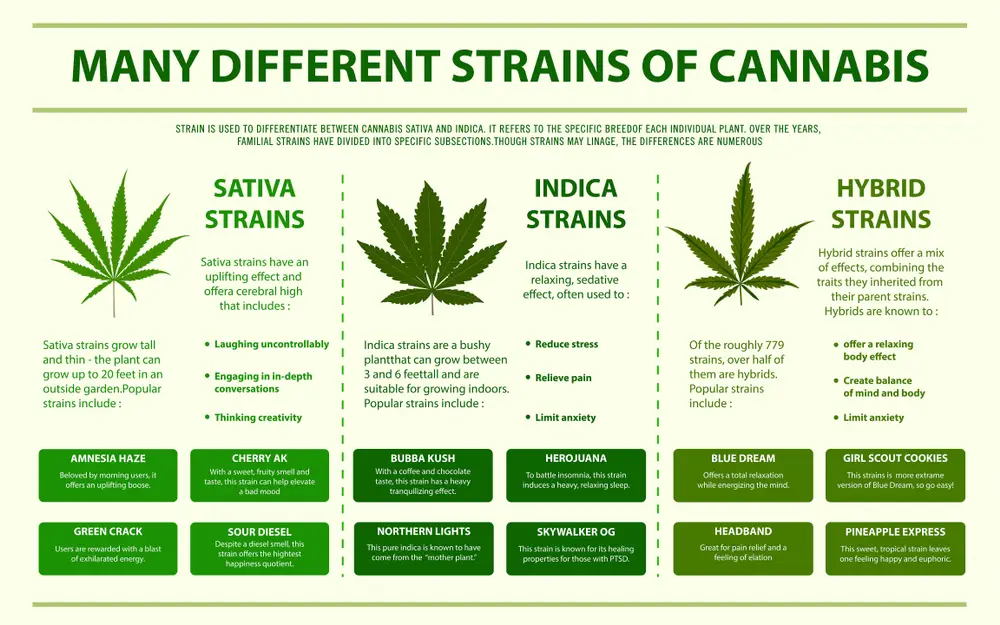
Medicinal Marijuana for Anxiety: Is It Right for You?
Medicinal marijuana for anxiety is becoming more accepted as research uncovers its potential benefits. However, it’s essential to understand that while weed might help with anxiety, it’s not a one-size-fits-all solution. The balance of cannabinoids for anxiety, the dosage, and how your body reacts play a huge role in determining if it’s effective for you.
For instance, cannabinoids for anxiety work differently depending on the strain and ratio of CBD to THC. Indica strains, which are typically higher in CBD, might be more calming, while sativa strains high in THC could induce feelings of anxiety in some individuals.
The Science Behind Anxiety and Cannabinoids
The relationship between anxiety and cannabinoids is still being studied, but early research indicates that CBD interacts with serotonin receptors in the brain, which may help regulate mood and anxiety. On the other hand, THC binds directly to CB1 receptors in the brain, which can cause either relaxation or heightened anxiety, depending on the dosage and the individual’s tolerance.
Potential Risks: Does Weed Cause Anxiety?
While weed has potential benefits, it’s important to recognize that it’s not without risks. A common concern is, does THC cause anxiety? In some cases, yes. High doses of THC can lead to increased heart rate, paranoia, and panic, which can worsen anxiety for some people. It’s critical to find the right strain and dosage if you’re considering weed for anxiety.
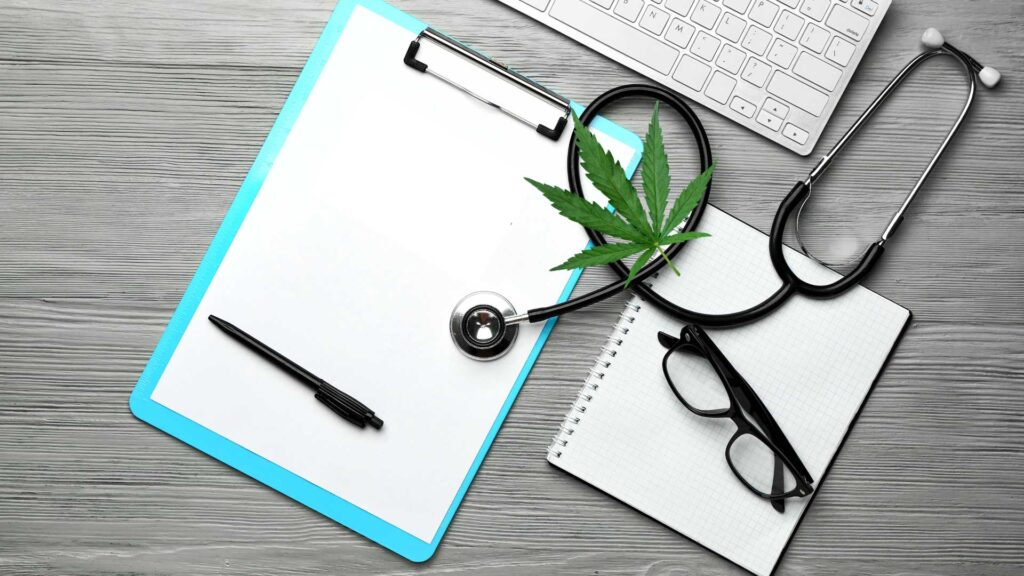
Finding the Right Strain and Dosage
When using medicinal cannabinoids for anxiety, finding the right balance is key. A strain higher in CBD with lower levels of THC may offer the best results for managing anxiety. It’s also recommended to start with a low dose and gradually increase as needed to avoid any adverse effects.
Conclusion: Is Weed Good for Anxiety?
So, is weed good for anxiety? The answer varies depending on the person, the strain, and how it’s used. THC for anxiety may help some individuals in small amounts but can cause increased anxiety in others. CBD, however, tends to be a more reliable option for those seeking anxiety relief without the psychoactive effects. If you’re considering using medicinal cannabinoids for anxiety, consult a healthcare professional to find the best approach for your needs.
FAQs About Weed and Anxiety
Can weed make my anxiety worse?: Yes, in some individuals, especially at higher doses of THC, weed can increase anxiety instead of reducing it.
Is weed safe for long-term anxiety relief?: It can be, but it’s important to monitor usage, as long-term use can lead to dependency and other mental health issues.
Should I use CBD or THC for anxiety?: CBD is generally preferred for anxiety because it doesn’t have psychoactive effects. However, some people find low doses of THC beneficial.
How long does it take for weed to help with anxiety?: The onset of relief can vary, but it typically occurs within 15–30 minutes after consumption, depending on the method.
Can I get a medical marijuana prescription for anxiety?: In many regions, yes, medical marijuana can be prescribed for anxiety. Consult with a licensed healthcare provider.

